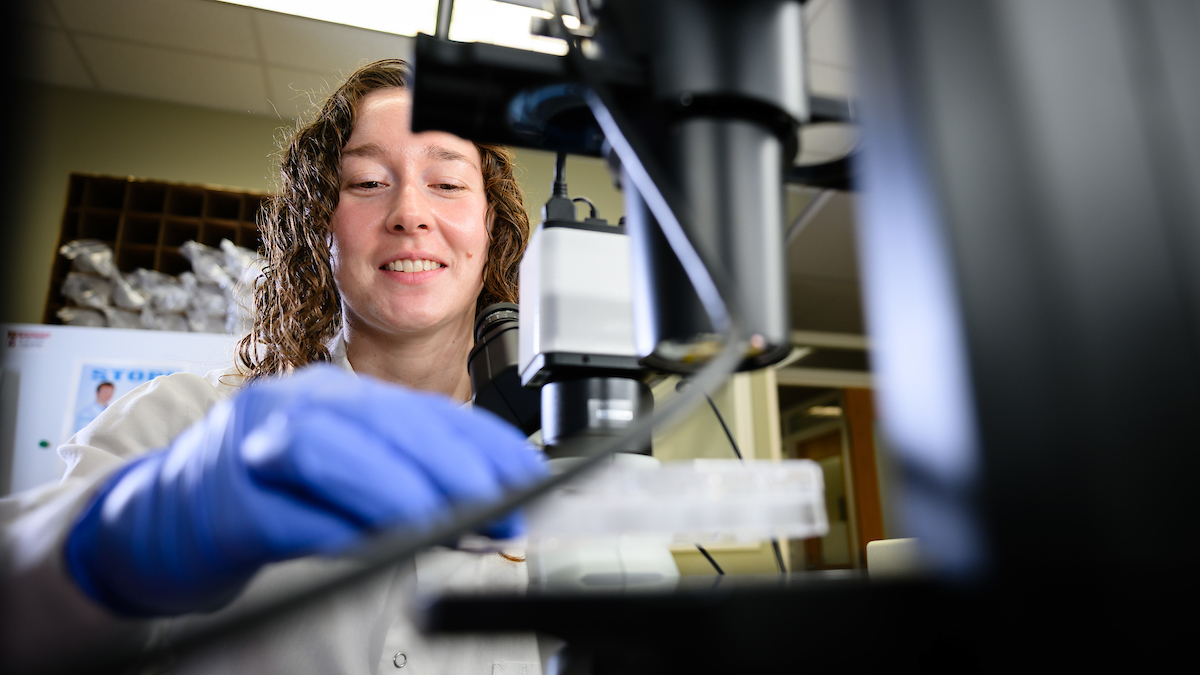NC State Terry Center’s Internal Medicine Service Offers Expertise and Advanced Technology
The Internal Medicine Service at NC State University’s Randall B. Terry, Jr. Companion Animal Veterinary Medical Center specializes in diagnosing and treating serious health problems of dogs and cats including:
- Metabolic diseases, such as pancreatitis;
- Infectious diseases, such as tick-borne diseases;
- Endocrine diseases, such as diabetes mellitus and Cushing’s disease;
- Hematological diseases, such as anemia or thrombocytopenia;
- Gastrointestinal diseases, such as inflammatory bowel conditions;
- Liver diseases, such as hepatic lipidosis and cholangitis;
- Renal disease, such as acute or chronic kidney disease;
- Lower urinary tract diseases, such as urinary tract infection and urinary stones; and
- Respiratory disorders, such as bronchitis and pneumonia.
Internal Medicine specialists have undergone concentrated training programs in Internal Medicine and have passed the examinations of the American College of Veterinary Internal Medicine. This training and experience helps focus the knowledge and skills necessary to detect and treat various conditions.
Clinicians are skilled in endoscopic techniques and have the most advanced instruments necessary to perform such diagnostic tests as gastroscopy, esophagoscopy, colonoscopy, bronchoscopy, rhinoscopy, cystoscopy, and laparoscopy. Clinicians are also able to perform many minimally invasive procedures such as laser lithotripsy and airway stenting.
Other veterinary specialists are available at the Terry Center to provide support and consultation for internal medicine patients in the areas of radiology, ultrasonography, clinical pathology, clinical pharmacology, neurology, ophthalmology, cardiology, critical care, oncology, dermatology, nutrition, behavior, dentistry and oral surgery, general and orthopedic surgery. Support facilities include a state of the art Intensive Care Unit.
The Internal Medicine Service utilizes a team approach to patient care which includes a faculty clinician, a resident or intern, and a senior veterinary student in conjunction with the primary veterinarian.
For more information:



